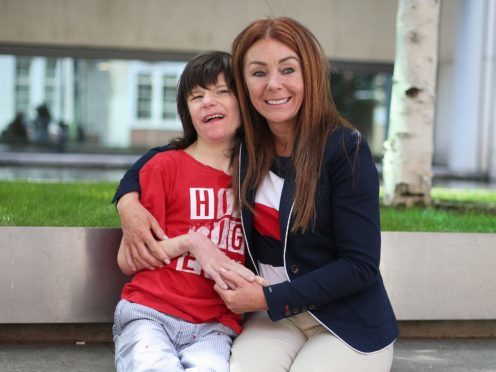Prescriptions for medicinal cannabis in exceptional cases could be available within a fortnight.
An expert panel announced by the Government amid outcry over the case of severely epileptic boy Billy Caldwell began accepting applications for licences for the drug from senior clinicians on Wednesday.
The Home Office announced the panel will make “swift” recommendations to ministers, who will then sign off on applications within two to four weeks.
If given approval, doctors can then start writing prescriptions for their patient, while ministers decide whether to remove cannabis’s banned status as a medicine.
Doctors will have to show there is an “exceptional clinical need” and no other medicine would be suitable for their patient in order to convince the panel.
They would also have to accept “full responsibility for risks and liability”, the Home Office said.
The panel was announced during the controversy surrounding the department’s confiscation of cannabis oil from Charlotte Caldwell as she attempted to bring it into the UK for her 12-year-old son.
A 20-day emergency licence was granted for Billy, from Co Tyrone, after he was admitted to hospital in a critical condition having suffered multiple seizures.
Ms Caldwell said she has “grave concerns” that clinicians will lack sufficient knowledge on cannabis.
“They may also be concerned by references in the legislation to them having to take full responsibility for risks and liability,” she added.
The panel is a temporary measure while Chief Medical Officer Professor Dame Sally Davies carries out a review into whether cannabis should be made available for therapeutic use.
The Government also announced it would review how much the NHS must pay for a licence, which currently stands at £3,655.
The Home Office said patients and their families will not be asked to contribute to the cost.
The panel will begin meeting this week and will be led by Northern Ireland’s Chief Medical Officer Dr Michael McBride.
Policing minister Nick Hurd said the panel will ensure patients get the best treatment based on medical evidence.
“Clinicians must be at the heart of the process to provide the reassurance that prescribing unlicensed and potentially untested products is in the best interests of the patient,” he added.
